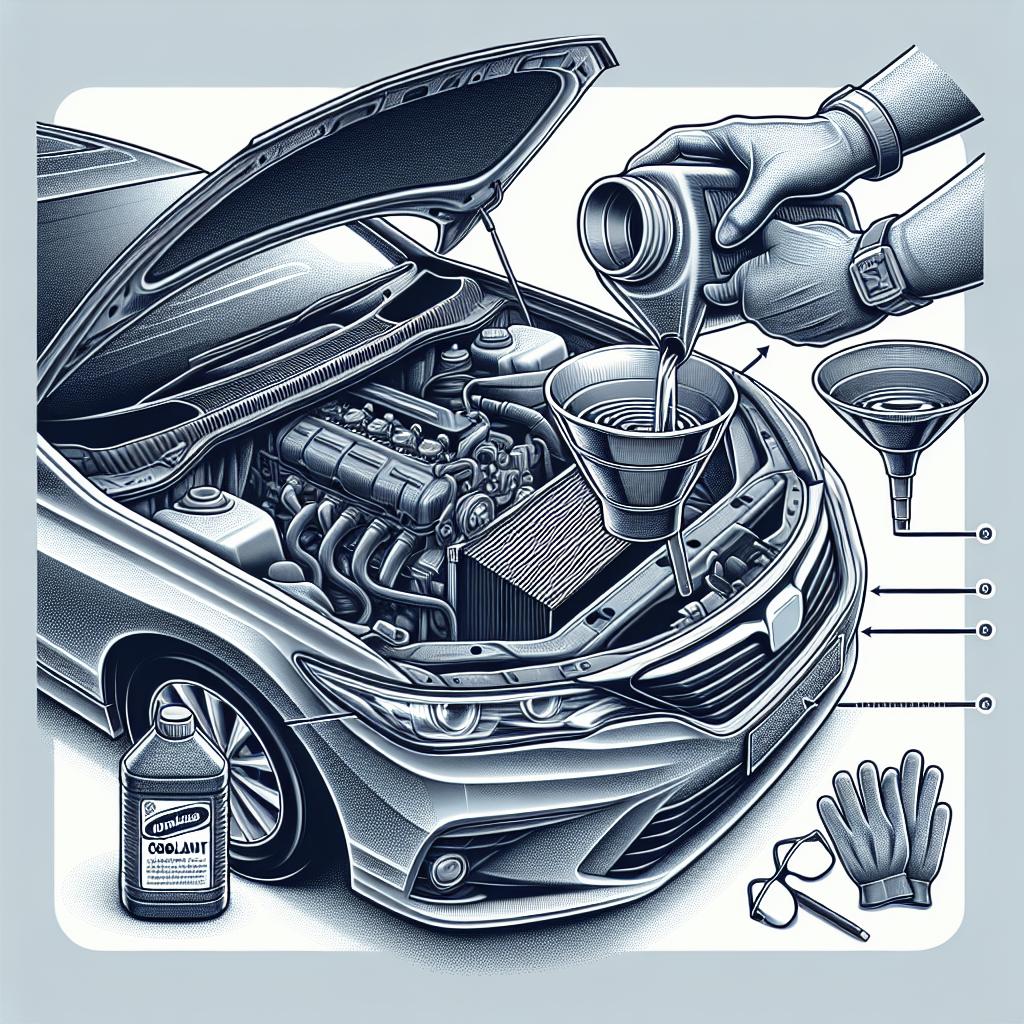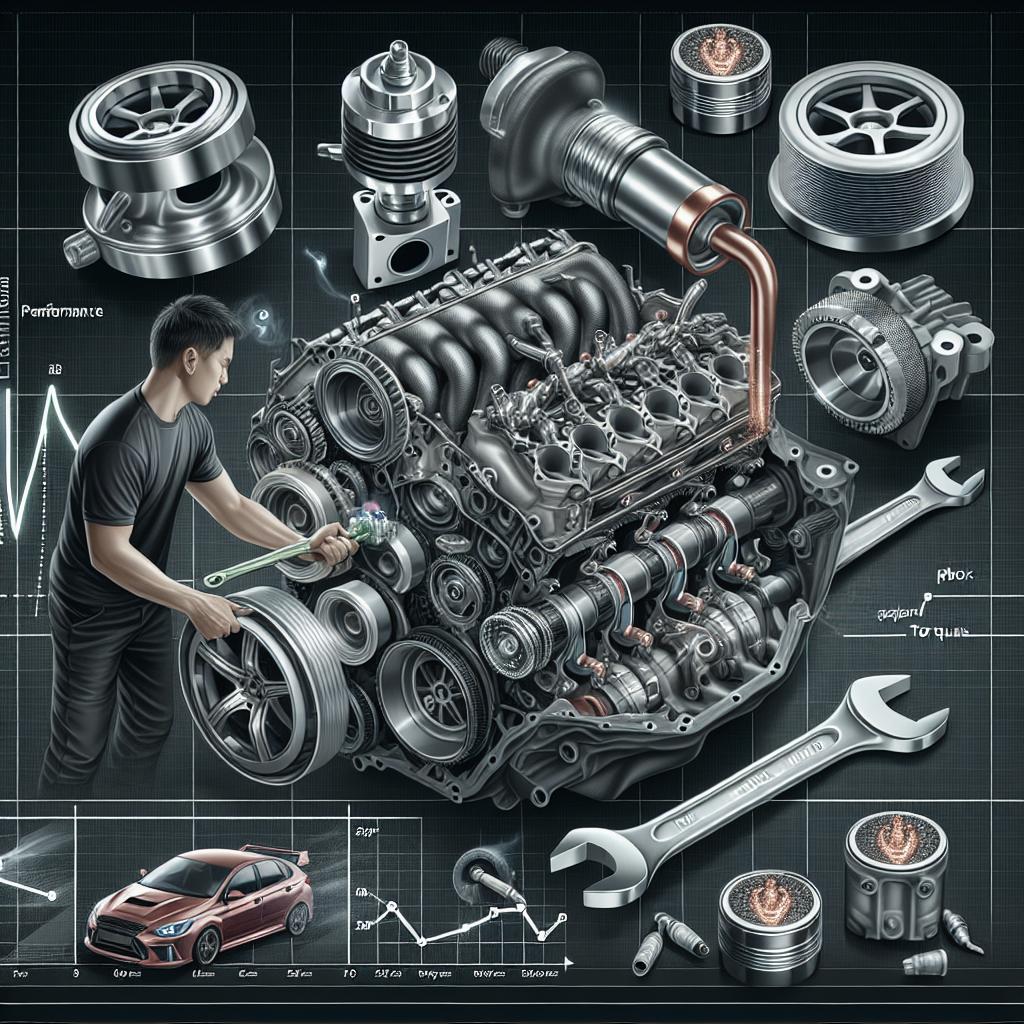“`html
The Advantages of a Turbocharger
Turbochargers have become a significant addition to modern engines, offering an effective solution to enhance vehicle performance without demanding a larger engine. These devices have been embraced by automotive enthusiasts and manufacturers alike for their ability to increase power output, improve fuel economy, and reduce emissions. In this blog post, we’ll delve into the mechanics of turbochargers and explore their myriad benefits. From increasing speed and power to being environmentally friendly and cost-effective, turbochargers present a compelling case for consideration when enhancing vehicle capabilities. You’ll also discover how turbochargers can lead to less engine maintenance and better mileage, making them an influential factor in the modern automotive landscape.
Turbochargers Explained
A turbocharger is an air compressor that increases an engine’s efficiency and power output by forcing extra air into the combustion chamber. Unlike a regular engine that relies solely on the piston’s suction to draw air in, a turbocharger uses exhaust gases to spin a turbine. This turbine, in turn, drives an air pump that forces more air into the engine, allowing it to burn more fuel and produce more power.
The concept of turbocharging has been around since the early 20th century, and it has become increasingly popular due to the rising demand for more energy-efficient and powerful engines. By leveraging otherwise wasted exhaust energy, turbochargers significantly boost performance without necessitating a larger engine block, thus maximizing efficiency.
While initially reserved for high-performance sports cars and racing vehicles, turbochargers have become more common in everyday vehicles. This shift is largely driven by advancements in technology and a growing emphasis on sustainability within the automotive industry.
Why Install a Turbocharger?
More Speed and Power
One of the primary advantages of installing a turbocharger is the significant increase in engine power and speed. By increasing the amount of air and fuel that an engine can burn, a turbocharger allows a smaller engine to produce the power output of a much larger engine. This means that vehicles equipped with turbochargers can accelerate faster and reach higher top speeds, appealing particularly to performance enthusiasts.
Moreover, turbochargers can make vehicles more versatile. Drivers get access to a broader power band and improved engine response, enhancing the driving experience. This added power doesn’t just benefit sports cars; even standard vehicles benefit from better overtaking power and enhanced driveability on highways.
With this increased power comes the ability for manufacturers to use smaller, more fuel-efficient engines. This not only makes vehicles lighter but also ensures that they remain competitive in terms of performance metrics without significantly increasing fuel consumption.
Environmentally Friendly
Although increased power often connotes higher fuel consumption, turbochargers are paradoxically aligned with environmental goals. By making engines more efficient, turbochargers can reduce the overall carbon footprint of a vehicle. They allow smaller engines to produce the same power as their larger counterparts, resulting in less fuel burnt for the same output.
Turbochargers also advance the trend towards downsized engines. Manufacturers are embracing the idea of smaller, turbocharged engines to meet increasingly stringent emissions regulations without sacrificing power or performance. This helps reduce greenhouse gas emissions, as smaller engines generally produce fewer emissions.
Another significant environmental benefit is the reduction in harmful pollutants. With better control over combustion processes, turbocharged engines are often cleaner, combating smog-forming emissions, and making urban air more breathable.
Less Engine Maintenance
A well-known secret within the automotive industry is that turbocharged engines often require less maintenance compared to naturally aspirated engines. Since turbochargers can reduce the workload on the engine by improving efficiency, they typically minimize wear and tear on engine components.
This results in longer intervals between maintenance sessions, allowing vehicle owners to save both time and money. The optimized performance of turbocharged engines also means fewer mechanical stresses, contributing to prolonging engine life.
Moreover, advancements in technology have made turbochargers more reliable than ever. As such designs are increasingly refined, they now integrate seamlessly into modern engines, offering durability and a longer lifespan even under demanding conditions.
Better Mileage
Equipping a car with a turbocharger can dramatically improve its fuel efficiency. Drivers can extract more power from smaller displacement engines, which typically consume less fuel than their larger counterparts. This capability allows turbocharged vehicles to deliver better mileage, making them economically attractive for frequent drivers.
The improved fuel efficiency also complements the downsizing trend. It translates into fewer refueling stops, savings at the pump, and a gentler impact on the wallet over the vehicle’s lifespan. This is particularly significant given fluctuating fuel prices, which are an increasingly important factor in consumer decision-making.
Turbochargers can also deliver better real-world fuel efficiency. When driven conservatively, turbocharged engines sip fuel lightly, while providing robust power when needed, making them a highly adaptable choice across various driving conditions.
Summary of Main Points
| Advantage | Key Points |
|---|---|
| More Speed and Power | Increased acceleration; power similar to larger engines; versatility and enhanced driveability. |
| Environmentally Friendly | Efficiency leads to lower emissions; supports engine downsizing; reduction in pollutants. |
| Less Engine Maintenance | Reduced engine load; longer maintenance intervals; modern designs offer durability. |
| Better Mileage | Improves fuel efficiency; aligns with downsizing trends; better real-world consumption. |
“`


